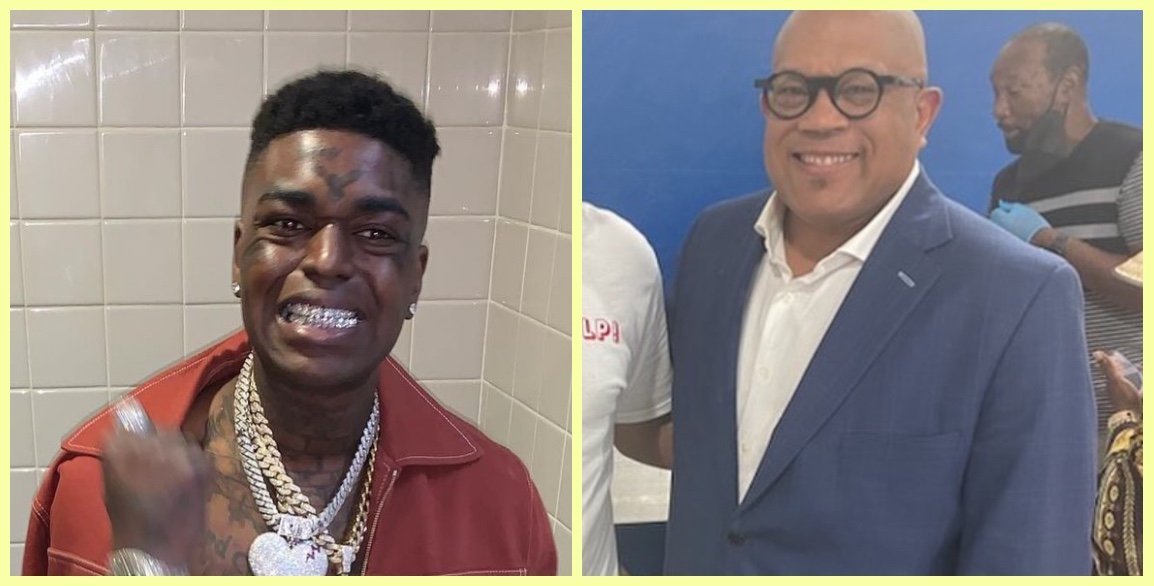Palm Beach County Commission candidate Richard Ryles has taken issue with State Sen. Bobby Powell's decision to issue a proclamation honoring rapper Kodak Black. Ryles, in an email to The Palm Beach Post, expressed his concerns, particularly questioning why Black, with a criminal past, was given such recognition.
In a lengthy message, Ryles acknowledged his desire to see a redeemed Kodak Black in the future but raised alarms about the rapper's recent string of arrests, suggesting a potential struggle with drug use. Ryles argued that the opportunity to meet Kodak Black could have been a teaching moment for Senator Powell to provide guidance, utilizing his role as an upstanding African-American male and father.
The proclamation, presented to Kodak Black on November 11, states that the rapper "remains focused on meeting the fundamental needs of the West Palm Beach community and is greatly appreciated."
The controversy surrounding the proclamation brings into question the criteria for such honors and whether individuals with a criminal history should receive official recognition for their community contributions. It also highlights the responsibility of public figures, like Senator Powell, in addressing the complexities of acknowledging individuals with both positive and controversial aspects to their public image.
The debate over whether Kodak Black was deserving of the proclamation raises larger discussions about the role of rehabilitation, redemption, and public acknowledgment in the context of an individual's criminal past. As this controversy unfolds, it prompts reflection on how communities choose to recognize and engage with figures who have faced legal challenges while contributing to their communities.










